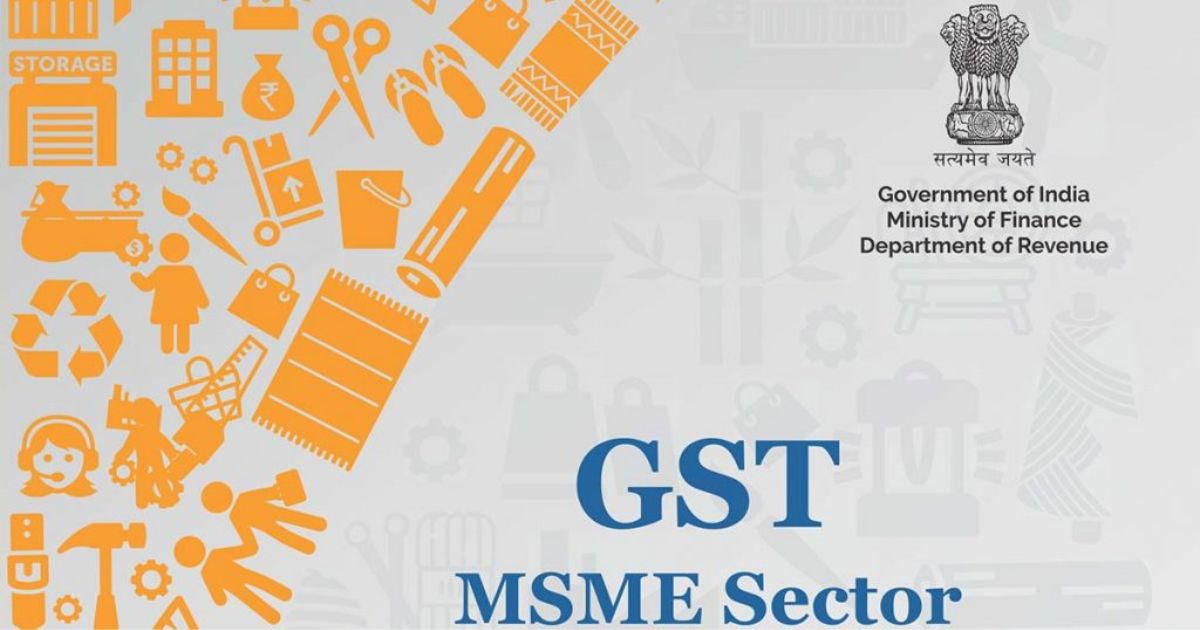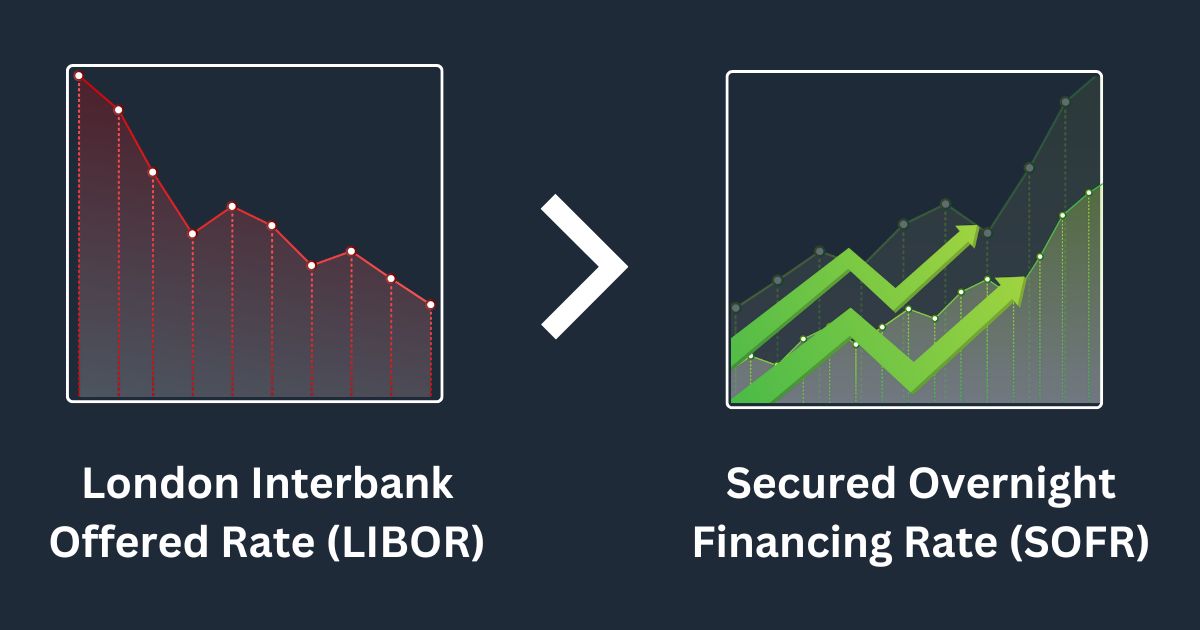As the year ends, It is worth reviewing the significant GST-related developments that occurred in 2023 and were of importance to Micro, Small, and Medium Enterprises (MSMEs).
Key Highlights
- Small businesses eagerly anticipate further reforms concerning the Goods and Services Tax (GST) in the upcoming year.
- These resilient businesses have successfully navigated through regulatory changes and demonstrated persistence in order to thrive.
- In the year 2023, there was an increase in GST payments, formalisation of Non-GST Units among other developments.
The GST system was launched with the aim of streamlining the indirect taxation structure in India by replacing multiple taxes with a unified tax regime.
For MSMEs, this means simplifying their tax processes and reducing the burden of complying with numerous tax laws.
Additionally, GST has facilitated better access to input tax credits for MSMEs. This enables them to claim refunds on taxes paid on inputs used in their business activities, thereby reducing their overall tax liability.
Given the dominant role GST plays for MSMEs, it is important to know about the key developments related to the taxation structure in 2023.
According to the Economic Survey of 2022-23, GST payments made by MSMEs rebounded in 2023 after a decline in the previous two financial years.
The survey reveals compelling data indicating a resurgence in the GST payments made by MSMEs. In FY21, there was a decline in GST paid by MSMEs from Rs 5 lakh crore in FY20 to approximately Rs 4.7 lakh crore.
However, it is encouraging to note that by FY22, the GST payments had not only recovered but also exceeded the pre-pandemic levels of FY20, reaching around Rs 5.5 lakh crore.
This data signifies a resilient rebound of MSMEs and underscores their crucial role in driving economic growth and stability during these trying times.
Here is a quick recap of the past year for small businesses that have shown resilience and persistence in surviving amidst regulatory changes:
Decrease in the turnover threshold for e-invoicing
In May, the Central Board of Indirect Taxes and Customs (CBIC), under the finance ministry, officially announced a reduction in the turnover threshold for e-invoicing.
As per the notification, enterprises with a turnover exceeding Rs 5 crore (previously Rs 10 crore) in any financial year will be required to generate e-invoices for all business-to-business (B2B) transactions, including supply of goods and services as well as exports. This directive will come into effect from August 1, 2023.
The recently updated turnover threshold by CBIC will now include a larger number of small enterprises with a turnover ranging from Rs 5 crore to Rs 10 crore.
As of now, micro enterprises (with a turnover below Rs 5 crore according to the new MSME definition) were exempted from the e-invoice requirement.
Formalisation of non-GST units

There are a number of informal micro units (IMEs), which are not covered by the Goods and Services Tax (GST) regime or exempted from the Central Goods and Services Tax (CGST) Act, 2017
They have registered for the Udyam certificate through the government’s Udyam Assist Platform (UAP) in order to become eligible for priority sector loans (PSL). It has surpassed the significant milestone of 1 crore.
As per the data obtained from the Udyam portal, a total of 1.10 crore IMEs have successfully completed their registration on UAP at the time this report was filed.
The Udyam Assist Platform was officially introduced in January this year with the primary objective of assisting the Udyam portal in bringing such informal entities into the formal economic fold.
Index for MSMEs’ economic activity
Recently Jocata, a financial advisory and technology company, made an announcement regarding its collaboration with SIDBI, the primary financial institution for MSME development.
Together, they will introduce an MSME Economic Activity Index called Sumpoorn. The relative amplitude-adjusted composite diffusion index has been created by utilising consent-led and anonymized monthly sales data derived from official GSTN returns of over 50,000 MSMEs.
This index aims to provide a more accurate representation of credit-seeking behaviour among financial institutions since October 2019, as opposed to relying solely on survey data.
Intra-state supply for unregistered e-commerce sellers
From October 1, 2023, e-commerce sellers who supply goods with a turnover of up to Rs 40 lakh and services with a turnover of up to Rs 20 lakh, but are not registered under the Central Goods and Services Tax (CGST) Act, are permitted to make intra-state supplies.
In a move to support e-commerce for small businesses, the GST Council, during its 47th meeting in June of the previous year, granted preliminary approval to allow unregistered suppliers and composition taxpayers to engage in intra-state supply of goods through platforms like Amazon and Flipkart. However, this permission is subject to certain conditions.
Conclusion: 2023 as the year of changes
In the year 2023, a series of pivotal advancements pertaining to the Goods and Services Tax (GST) had a profound impact on Micro, Small, and Medium Enterprises (MSMEs).
The primary objective behind these progressive changes was to streamline operational processes, foster transparency in transactions, and fortify the overall growth trajectory of MSMEs operating within the ambit of the GST framework.
















